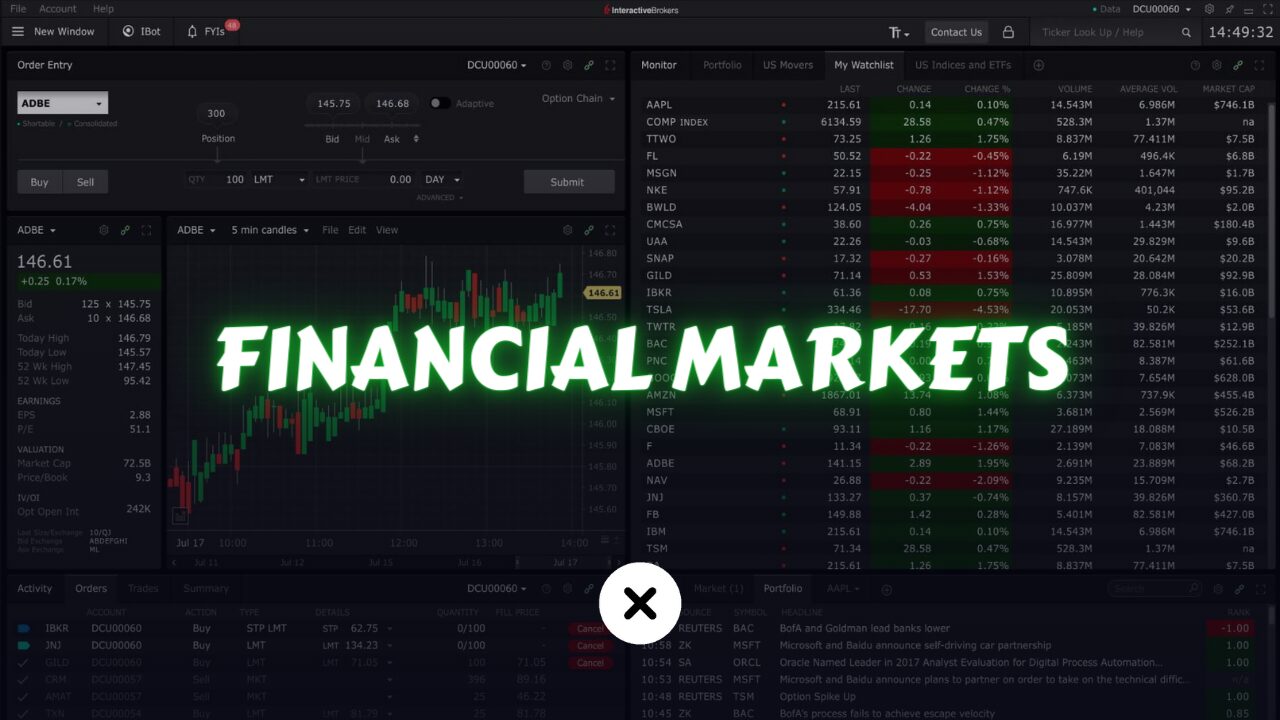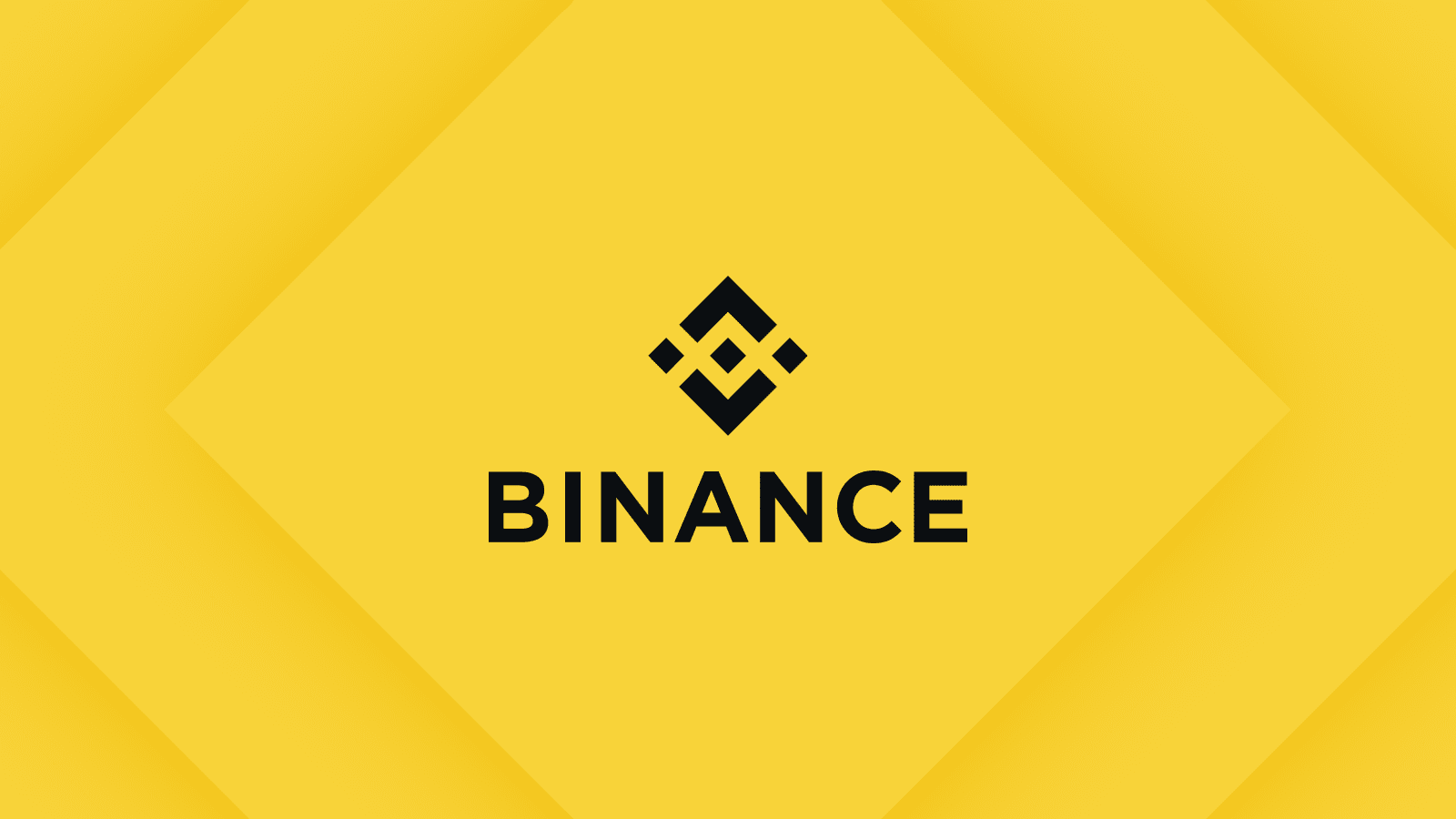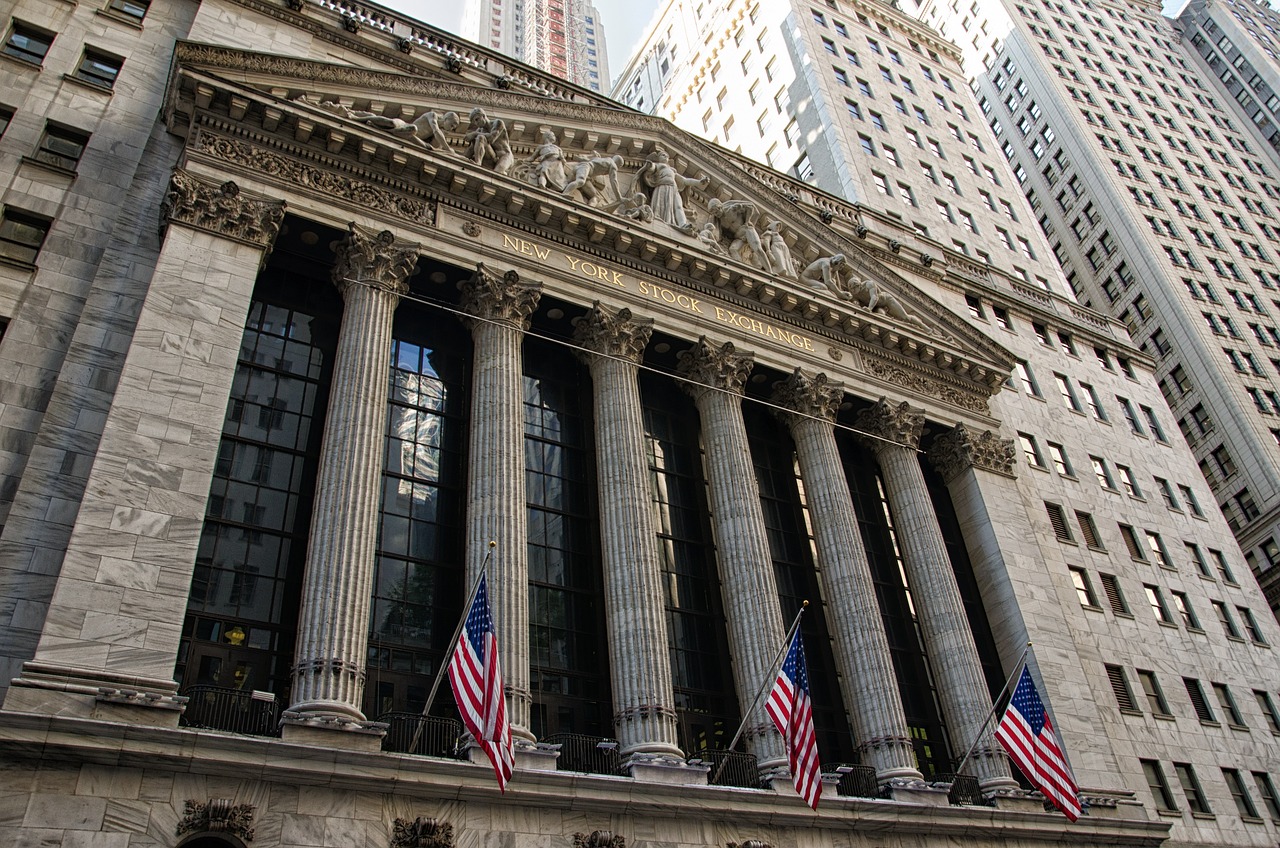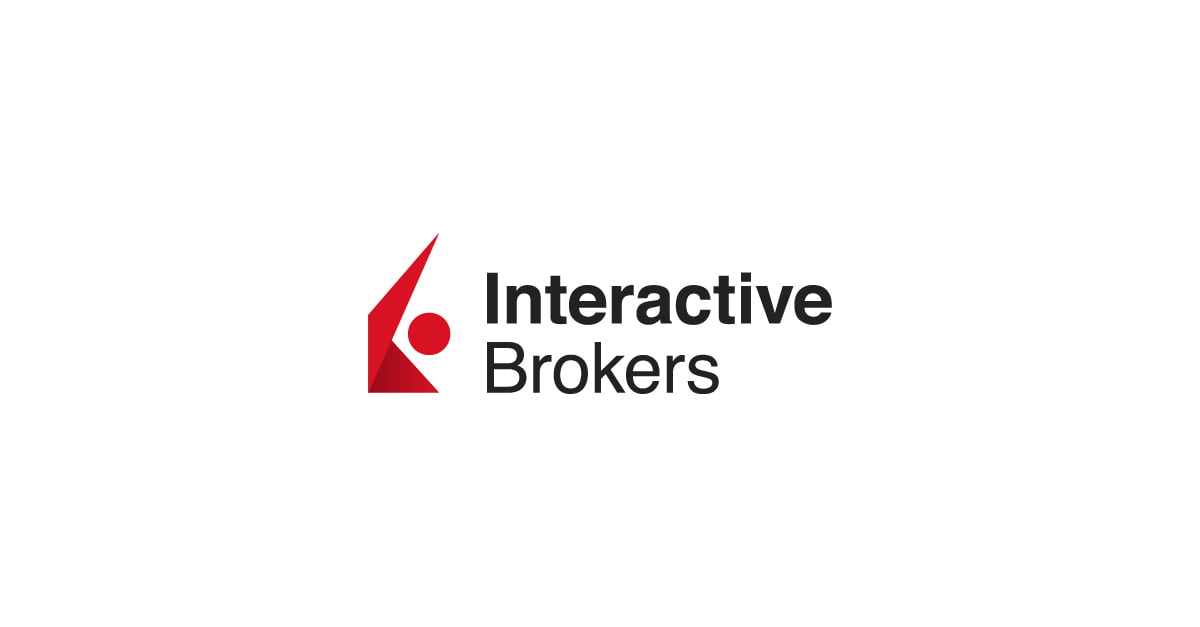
Welcome to xlearn’s series on Financial Markets, where you can learn about trading stocks and other finance stuff. This series is for those interested in financial markets, giving you a peek into how it works and how to make money out of it.
The goal is to give you the knowledge and tools so you can do your research and learn more on your own. If you want to learn to trade stocks or any other assets in the financial market, you have to do your research to figure out what works best for you. That’s the only way.
To learn the basics of trading, you need to understand financial markets and how buying or selling assets works. So let’s get into it.
What are Financial Markets?
A financial market is just basically an auction market where the trading of assets occurs. there are various markets available, such as foreign exchange also known as forex, stocks, cryptocurrencies, bonds, and commodities.
Before we get in to learn about each of them in detail, let’s have an understanding of what all these have in common.
Each market comprises assets with a distinct value, which can fluctuate for numerous reasons.
Our goal is to figure out why these prices change so we can make money.
In simple terms, if you think something will go up in value, you can buy it and then sell it when it’s worth more. If you think it will go down, you can sell it to make money, or short sell it. We’ll explain short selling more later.
Right now, it’s simply a matter of converting cash to assets and assets to cash. It’s that straightforward.
What are Exchanges?




An exchange is a marketplace or platform where various financial instruments, such as stocks, bonds, options, and futures, are bought and sold.
These exchanges provide a centralized and regulated environment for buyers and sellers to conduct transactions based on the prevailing market prices.
Exchanges are typically managed by a governing body that ensures fair trading practices and the integrity of the market.
Some examples of major exchanges around the world include the New York Stock Exchange (NYSE), NASDAQ, London Stock Exchange (LSE), Tokyo Stock Exchange (TSE) and Binance.
Differences Between Market vs Exchanges
While the terms “market” and “exchange” are sometimes used interchangeably, there is a subtle difference between the two.
A market, in the context of finance, refers to a broad concept that encompasses all the buyers and sellers of a particular financial instrument.
A market does not necessarily require a physical location or a central authority to operate. For example, the “foreign exchange market” refers to a decentralized network of currency traders and institutions around the world who buy and sell currencies with each other.
Conversely, an exchange refers to a specific marketplace or platform where financial instruments are bought and sold. Unlike a market, an exchange typically has a centralized location and is often governed by a regulatory body that oversees the transactions and ensures fair trading practices.
In summary, a market is a broader concept that encompasses all the buyers and sellers of a financial instrument, while an exchange is a specific marketplace where the buying and selling of financial instruments takes place.
The following table shows the exchanges within the stock and crypto markets.
| STOCK MARKETS | CRYPTO MARKETS |
| New York Stock Exchange(NYSE) | Binance |
| NASDAQ | Coinbase Exchange |
| London Stock Exchange (LSE) | Kraken Exchange |
| Tokyo Stock Exchange (TSE) | Bitfinex |
What are Brokers?

A broker is an individual or a firm that acts as an intermediary between buyers and sellers of financial instruments. Brokers facilitate transactions on behalf of their clients and earn a commission or fee for their services.
Brokers can provide a range of services, including buying and selling securities on behalf of clients, providing investment advice, managing portfolios, and executing trades.
Brokers may also offer research and analysis on the markets and specific financial instruments, as well as other value-added services to help clients make informed investment decisions
But we are not gonna use other people’s analysis to make decisions in the markets.
There are different types of brokers, including full-service brokers who offer a comprehensive range of services, discount brokers who provide lower-cost trading services, and online brokers who offer trading services over the Internet.
The type of broker a client chooses depends on their specific needs and preferences, as well as the amount of support and guidance they require.
Like most people nowadays, we’re going to use an online broker to get our orders executed.
The broker I use is Interactive Brokers. You’ll understand why when you finish this tutorial series.
